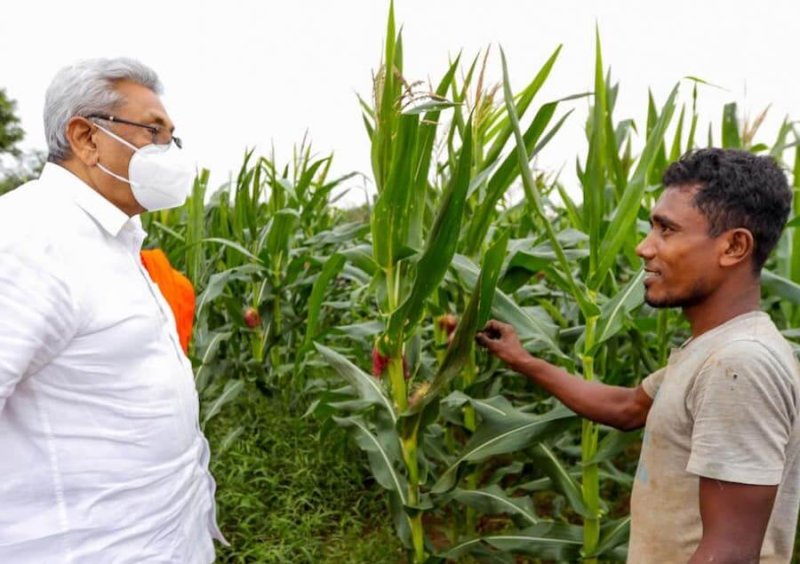For most folks, “Sri Lanka” is likely to evoke a number of thoughts: tropical paradise with swaying palms and cerulean waters; excellent “Ceylon” tea; incendiary cuisine.
Political turmoil will also likely come to mind for news nerds, but the terms “economic collapse” and “organic farming” would not. But recent headlines introduce a new storyline.
First: “How Sri Lanka’s overnight flip to total organic farming has led to an economic disaster.”
Then: “Sri Lanka declares economic emergency to contain food prices as forex crisis worsens.”
Digging deeper quickly clarifies: Sri Lankan President Gotabaya Rajapaksa, a military man apparently unburdened by understanding of biology or agriculture, succumbed to the siren call of conspiracy theories from a well-known and persistent myth-monger from neighboring India, Vandana Shiva.
Following her advice, Rajapaksa has banned imports of fertilizers and pesticides. His stated aim is to transform the agricultural economy of Sri Lanka into a purely organic enterprise.
…
The realities of substantially reduced yields and limited markets seem not to have entered into his calculations, and actual stakeholders in the agricultural economy are warning of cataclysmic consequences, starting with halving the $1.5 billion export market for Sri Lankan tea.
[Editor’s note: Read the GLP profile on Vandana Shiva here.]































